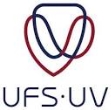
SCIENTISTS OPEN ‘VULTURE RESTAURANTS’ IN SOUTH AFRICA TO SAVE ENDANGERED CAPE AND BEARDED VULTURES
UNITED KINGDOM / AGILITYPR.NEWS / February 10, 2020 / Bearded Vultures
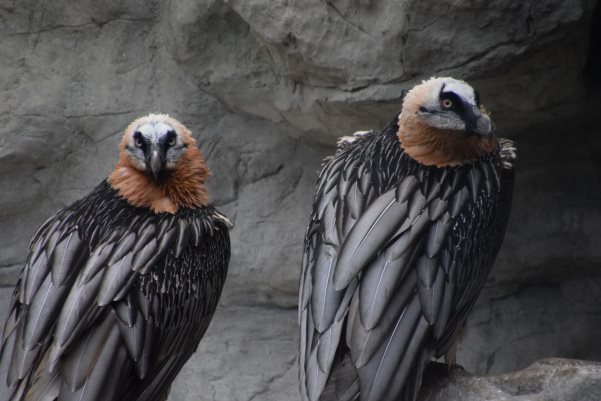
Scientists from the University of the Free State in south africa have come up with a unique method to save the CAPE & bearded vultureS – 200 sky platform RESTAURANTS serving the best menu
Endangered bird species such as the Cape and bearded vultures attract bird enthusiasts from afar. These birds are close to extinction in Southern Africa and classified as near threatened on the International Union for Conservation Nature (IUCN) list, with a strong global decline in their numbers.
Now a viewing hide constructed by honorary rangers in the Golden Gate Highlands National Park, about 30 km from Clarens in the Eastern Free State, offers tourists the opportunity to view and photograph the birds as they feed at one of South Africa’s 200 ‘vulture restaurants’.
This tourist attraction is situated in a good location from a conservation perspective, with vulture colonies and – importantly – water close by, according to Prof Aliza le Roux.
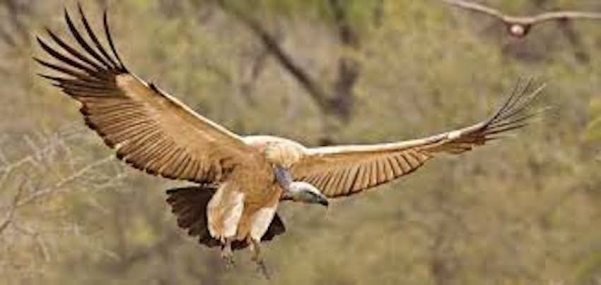
Cape Vulture
Prof Le Roux, Associate Professor in the Department of Zoology and Entomology at the University of the Free State (UFS) and affiliated to the Afromontane Research Unit (ARU), is working with one of her students, Agnes Mkotywa, on a study regarding the effectiveness of this feeding site.
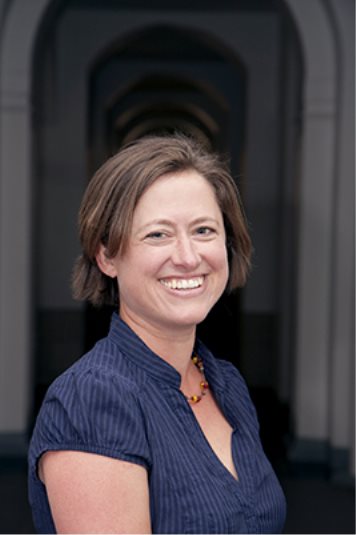
Dr Aliza le Roux
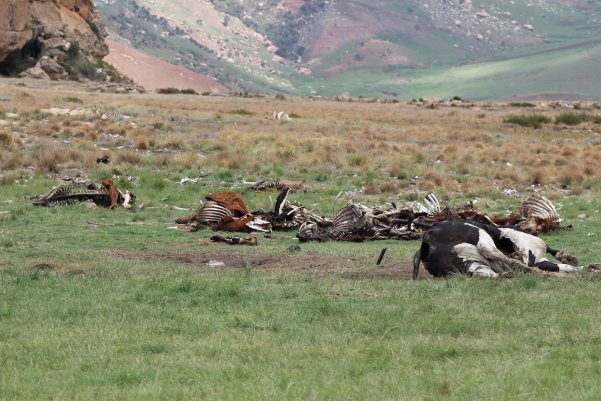
Poisoned carcasses big threat to vultures
She said there are quite a few vulture restaurants in the area, with the most famous one at Giants Castle.
A vulture restaurant is an area where park rangers drop non-poisoned carcasses, mostly donated by nearby farmers. Poisoned carcasses, bait for other animals such as jackals and caracals, are one of the biggest threats to vultures.
The vulture restaurants, are an effort to get vulture populations to grow, and are within the reach of Cape and bearded vultures. But, as found in Mkotywa’s study, the initiative has its shortcomings.
Prof Le Roux said the current structures are open, and black-backed jackals come to feed any time of the day and night. “There is more feeding of the jackals than the intended vultures, and the current structure does not protect the vultures against the jackals,” she said. Jackal activity at the vulture restaurant is significantly higher than elsewhere in the park, as supported by camera traps set up in the park by Dr Mpho Ramoejane, currently an ARU postdoctoral researcher.
Raised platform a possible solution
“This is one of our primary research findings. A possible solution is to put up fences. It will, however, keep everything else out and will be an eyesore from a tourist perspective. A raised platform that could exclude the jackals and still provide the vultures with a large landing place, might work,” Prof Le Roux added.
Another finding was that carcasses are not dropped regularly enough. Vultures cannot predict when there will be food.
These findings will be published in peer-reviewed outlets, but it will also be communicated to the management of the South African National Parks (SANParks) to address the problem. “SANParks is involved in the project and wants the information. They said they needed the information and will build on it,” said Prof Le Roux.
Once the suggested changes are implemented, she is excited to scientifically document how these changes are making a difference. This has the potential to guide the management and development of vulture restaurants elsewhere in South Africa and the world.

Professor Francis Petersen, Rector and Vice-Chancellor of the UFS comments: “This initiative like so many here at the University of the Free State is proof if it is needed that universities are not ivory towers but are sources of information and intelligence applied pro-actively to help and enrich our environment and culture. In this study it is the vulture and ultimately the earth that will benefit. ”
Captions:
Prof Aliza le Roux and Dr Mpho Ramoejane at the vulture restaurant, nearly 30 km from Clarens. This is a safe space for vultures to feed, in an effort to increase their declining numbers.
Photo: Leonie Bolleurs
Links:
Cape Vultures https://www.capenature.co.za/fauna-and-flora/cape-vulture/
Bearded Vultures https://www.4vultures.org/vultures/bearded-vulture/
International Union for Conservation Nature (IUCN) https://www.iucn.org/
Golden Gate National Park https://www.sanparks.org/parks/golden_gate/
Prof Aliza le Roux https://www.ufs.ac.za/research/unlisted-pages/our-leaders-in-research/dr-aliza-le-roux-106
Department of Zoology and Entomology https://www.ufs.ac.za/natagri/departments-and-divisions/zoology-and-entomology-home
Afromontane Research Unit https://www.ufs.ac.za/research/research-at-the-ufs-home/aru---afromontane-research-unit/general
South African National Parks (Sanparks) https://www.sanparks.org/
About Us
The University of the Free State:
115 years old (1904-2019)
7 faculties
114 departments
40, 491 total students
31, 135 Undergraduate students
7, 486 Postgraduate students
1, 870 International students
2, 521 permanent staff members
157 renovated buildings (2012-2017)
12 new buildings (2012-2017)
1 200 works of art
1, 584 collaborating institutions
2, 751 co-authored publications from 2013-2018
240 postgraduate research degrees on average conferred per year
100.45% research output increase since 2010
Contacts